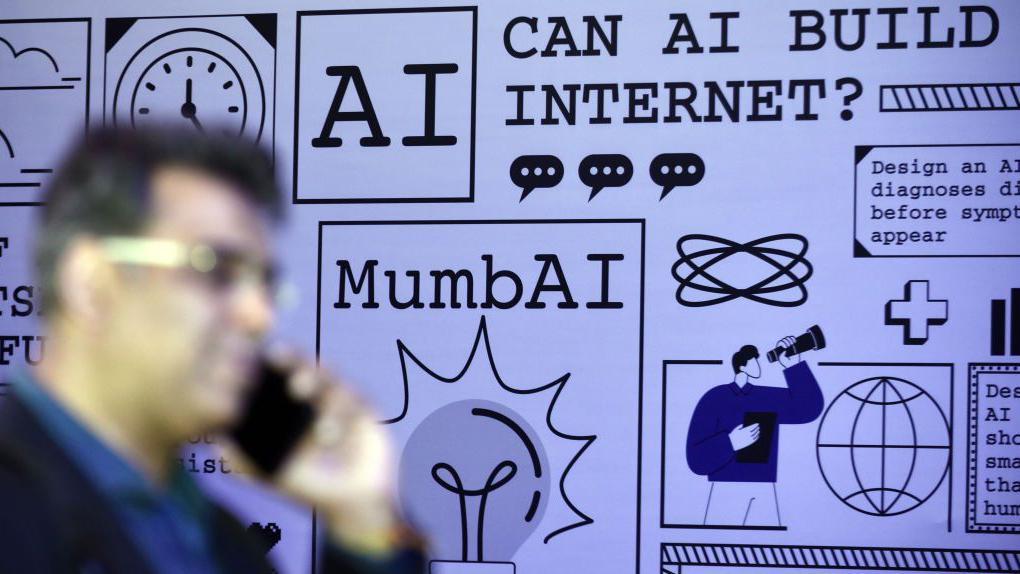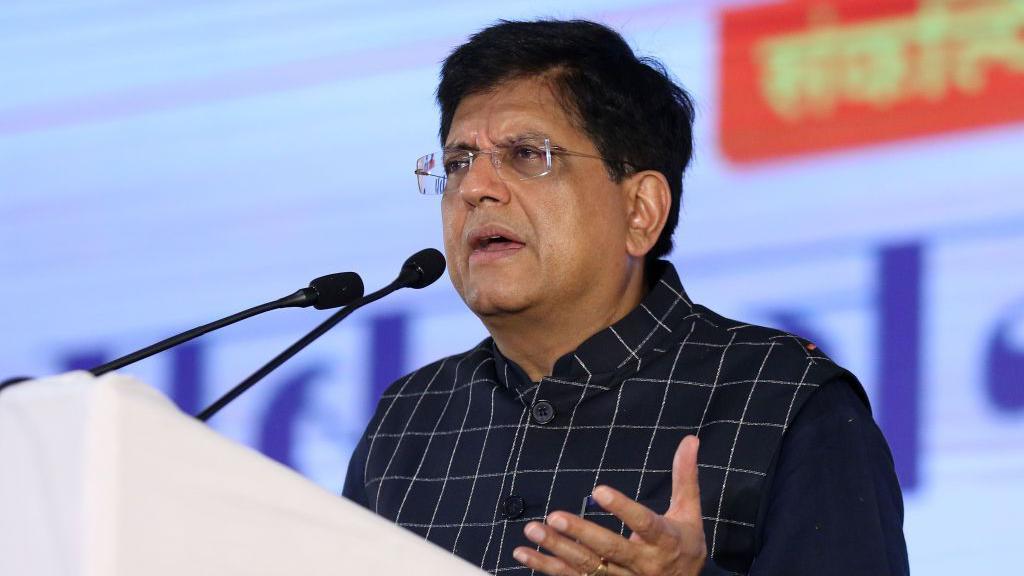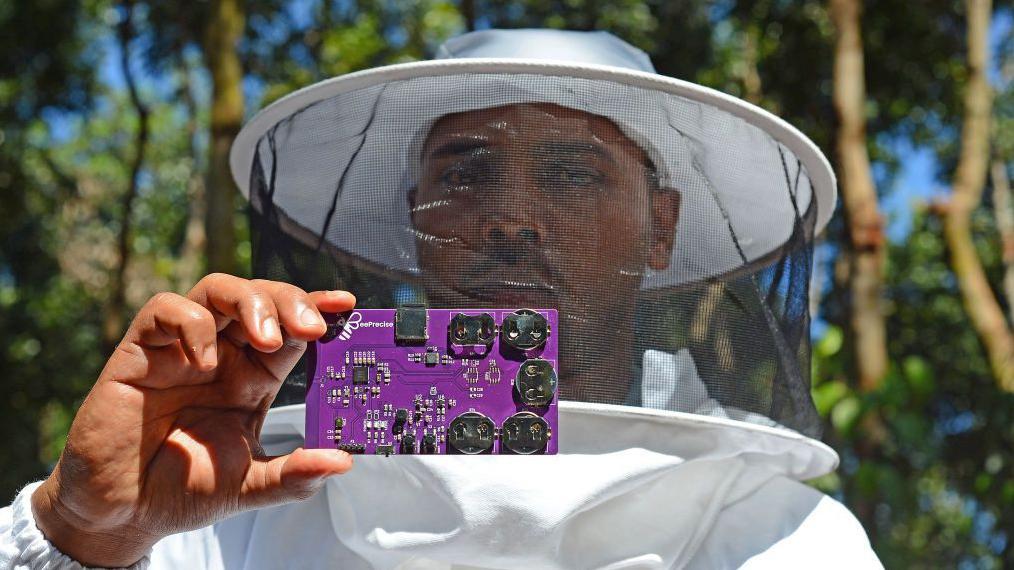
India's Commerce Minister Piyush Goyal recently made remarks regarding the nation's startup environment that ignited significant discussion on social media platforms and elicited robust responses from several business owners.
During the second iteration of Startup Mahakumbh, a governmental startup conference held last week, Goyal appeared to critically assess India’s consumer startups. He encouraged entrepreneurs to delve deeper into technological innovation to aid the nation’s advancement.
Making light of the surge in popularity of food delivery applications, bespoke brand trends, and online gambling platforms within the nation, he contrasted these developments with those spearheaded by what some interpreted as "the other side," widely understood to refer to China.
He mentioned that even though they were advancing in areas such as machine learning and robotics, and establishing next-generation factories capable of competing globally, Indian startups continued to concentrate mainly on lifestyle products like gluten-free ice creams.
His remarks ignited a wave of responses from India’s leading innovators; some contended that he was merely pushing makers to aim higher, while others viewed it as unjust criticism towards the startup sector—a key driver for India’s economy.

Certainly, Goyal commended the rapid emergence of new enterprises across the nation, lauding India as having the third largest startup environment globally. Additionally, he encouraged Indian investors to increase their efforts in backing local innovators.
However, he appeared eager for more progress and at an accelerated pace.
The minister stated, "We must embrace evolution and learning. If we aspire to become greater and more successful, we ought to take bold steps and not shrink from competing."
At some moment, he queried the crowd—filled with entrepreneurs and investors—"Are we aiming to produce ice creams or semiconductor chips?"
Aadit Palicha, who co-founded the quick-commerce app Zepto, promptly criticized the minister.
On a post on X, he contended that it was consumer internet firms similar to his own that have driven technological advancements both in India and worldwide.
- Can technology prevent India from squandering such a large portion of its crop yield?
- The private companies aiding India’s ambitious goals in space exploration
He noted that Amazon, which initially started as a consumer internet business, expanded into cloud computing, whereas the major players in AI nowadays, such as Facebook and Google, also began their journeys as consumer internet firms.
He encouraged Indian investors to back consumer internet firms, enabling them to expand and utilize their earnings for pursuing even bolder advancements.
Mohandas Pai, an influential angel investor, stated to the economic news channel ETNow that both governmental bodies and private entities were lacking in providing substantial capital investments for deep-tech startups.
He mentioned that investors flocked to lifestyle-focused start-ups due to their rapid returns.
High-tech advancements demand extensive development periods along with costly facilities. “Individuals are hesitant to invest in ventures with delayed returns. Deep-tech startups necessitate substantial ‘long-sighted’ capital,” he stated.
He additionally mentioned that restrictions on foreign investment in Indian startups were hampering innovation.
"He further noted that deep tech start-ups often face difficulties in locating a viable market," giving the instance of an Indian company that recently developed a fast-charging bus battery but struggled to find buyers for their innovation.

A number of individuals active on social media shared their experiences with the difficulties encountered when attempting to launch their own technology enterprises.
A few mentioned facing difficulties in obtaining loans, several pointed out elevated import duties on specific overseas raw materials and machinery, and others recounted experiencing cumbersome bureaucratic processes that turned the acquisition of necessary paperwork and clearances into an ordeal.
However, certain business owners also supported the minister, stating that his remarks were motivated by good intentions and served as an essential dose of realism for the startup community.
Vironika S, who founded the edtech application Proxy Gyan, concurred that India’s potential to lead the world economically hinges on advancements in artificial intelligence and semiconductor technology. However, she also noted that practical obstacles stand in the way, suggesting that the government could assist by reducing these impediments.
An Indian investor named Kushal Bhagia posted on X stating that Goyal accurately pointed out the issue regarding ambition and the scarcity of deep-tech startups in India. He mentioned, "There aren’t sufficient entrepreneurs tackling significant ambitious challenges or working on genuinely cutting-edge technology."
He credited this phenomenon to Indian tech talents migrating to work for U.S. companies and also mentioned the scarcity of deep-tech entrepreneurs who could serve as role models and sources of inspiration for others.

The minister's remarks prompted the media to analyze the distinct paths taken by Indian and Chinese startups.
Journalist Abhijeet Kumar wrote In the Business Standard, it was reported that in 2023, only 5% of funding for Indian startups was directed towards deep-tech sectors, whereas this figure stood at 35% in China. Additionally, he highlighted how Beijing has been aggressively supporting advanced technological innovations—by 2024, they had reduced taxes and levies for tech companies by $361 billion, with $80.7 billion allocated specifically toward R&D incentives.
In an editorial Published on Monday, the newspaper highlighted that Indian startups are primarily driven by consumer needs, concentrating their efforts on leveraging technology to address large-scale domestic issues instead of aiming for global challenges through innovative basic frameworks.
The data indicated that India presently hosts 4,000 deep-tech startups, with projections suggesting this figure could rise to around 10,000 by 2030. The information also cited a Nasscom report stating that Indian deep-tech startups secured $1.6 billion in funding during 2024, representing a significant 78% growth compared to the previous year.
However, we still have a considerable distance to cover.
"The increasing global competition in deep tech underscores that significant efforts will be required for India to close the gap with leading nations," stated the editorial, emphasizing that Goyal’s remarks should act as an urgent prompt for startups, investors, and the government alike.
"It may involve establishing deep-tech innovation funds, fostering robust partnerships between academic institutions and startups, and providing incentives for quicker advancements in areas like hardware, artificial intelligence, biotechnology, and clean energy," the statement read.
Follow WELLNESSINVESTIGATORNews India on Instagram , YouTube , Twitter and Facebook .
Post a Comment for "AI Chips vs. Ice Creams: Minister’s Jab at Indian Start-Ups Ignites Debate"